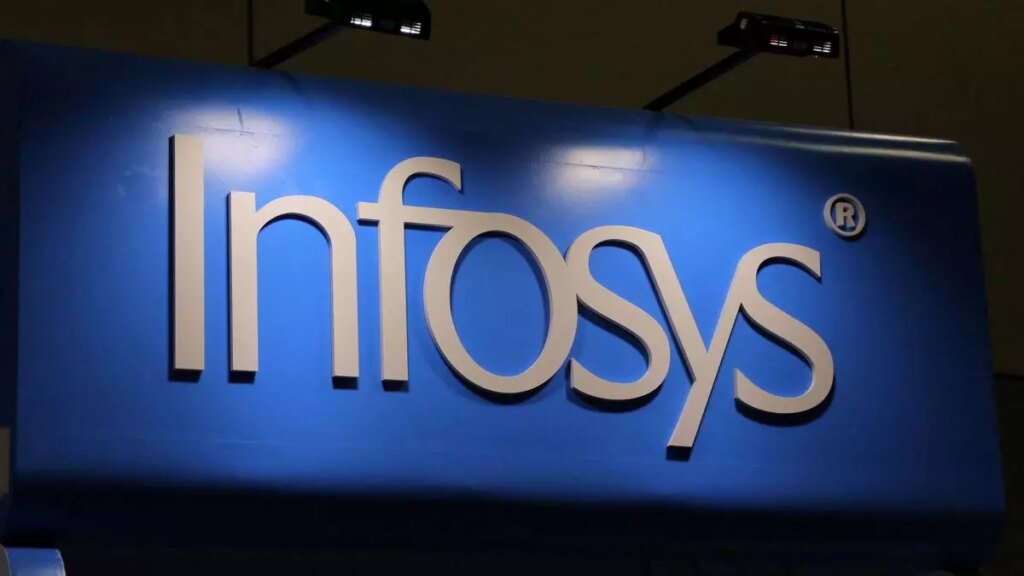Editorial: Tax overreach – The Hindu BusinessLine

The Directorate General of GST Intelligence (DGGI) has whipped up a storm by slapping a humongous retrospective bill of ₹32,400 crore on software giant Infosys. While the company has reported to the stock exchanges that the DGGI has let go of a demand of ₹3,898 crore for FY18, some reports suggest that the government may not relent on the tax claim. However, the claim is so utterly flawed that it is best the DGGI drops the matter, and issues a set of clarifications to the existing law to ensure that such episodes do not recur.
In a nutshell, the tax authorities have decided to interpret the payment of sums from the Infosys head office to its branches overseas for the running expenses of the latter – essentially salaries — as an import of service. The overseas branch offices execute contracts on behalf of the head office through staff employed by the latter. Yet, owing to the ambiguities under Section 8 of the Integrated Goods and Services Act, it becomes possible to regard branch offices as ‘distinct persons’; as a result, the transfer of funds to Infosys’ overseas offices has been viewed as consideration for services rendered. This attracts IGST under reverse charge – the recipient of the services in India pays the tax. Unless the government takes proactive steps to clarify the law on the issue (explanations 1 and 2 to Section 8), which uses terms such as ‘branch’, ‘representational office’ and ‘another establishment’ in a very confusing way, there could be endless disputes on whether such cross-border transfers are imports or exports. In fact, it should consider issuing sector-wise clarifications.
Nasscom has observed that the GST authorities do not seem to understand the basic operating model of the software industry. But even as the levy of IGST makes no sense, it is also a fact that input tax credit can be fully claimed against it. It appears that the entities concerned wanted to ward off cash flow issues, and were perhaps confident that they could challenge any such claim.
It is curious that the DGGI should have proceeded against Infosys even after a circular issued by the Central Board of Indirect Taxes and Customs on June 26 which essentially says that a transaction between a “foreign affiliate” and a “related domestic entity” (yet another term!) shall not be taxable. Perhaps, it is a case of officialdom fearing a vigilance reprisal for letting off a big claim. This raises the question of why the claim was so huge in the first place – and why it took the DGGI all these years to respond in an unreasoned, knee-jerk manner to a standard business practice, only to create a tremor of business uncertainty. It is ironic that GST, meant to promote ease of doing business, is generating its own disputes. The CBIC and DGGI should make amends. In doing so, they must ensure equal and fair treatment to all businesses faced with similar claims. The tax demand on Infosys should be revoked, and the underlying principle applied universally.








